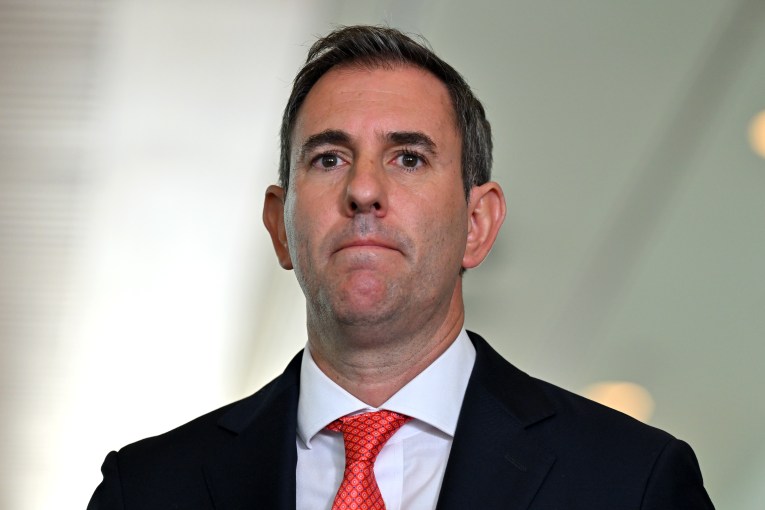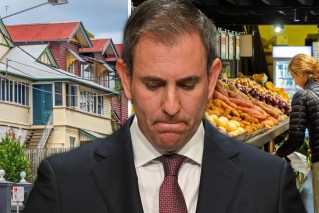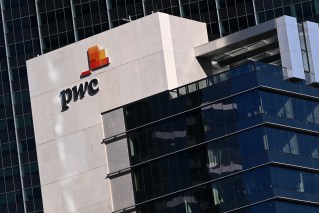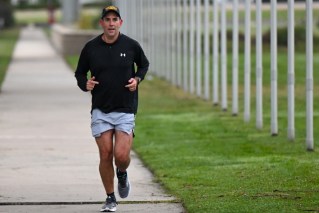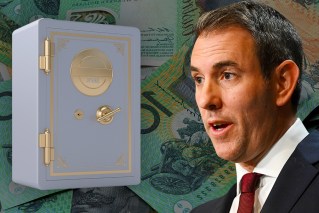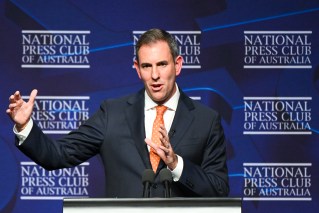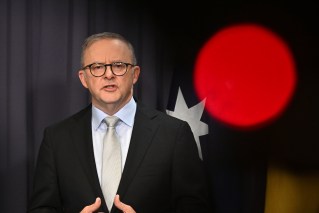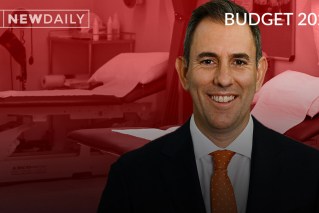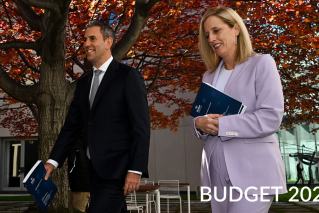Floods put growth forecasts at risk
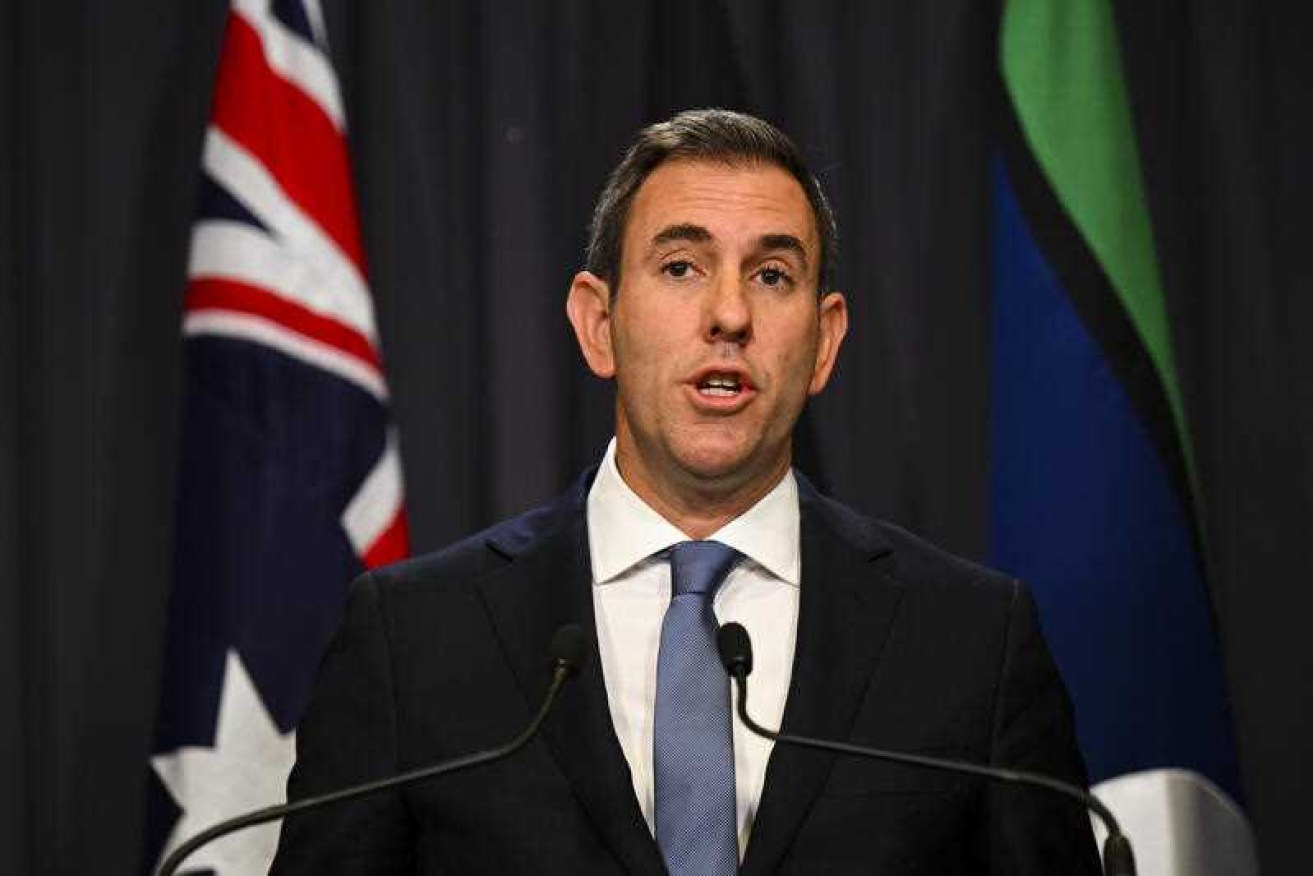
Treasurer Jim Chalmers says Australia faces a series of complex productivity challenges. Photo: AAP
Flooding in southeast Australia will drive up the price of fresh produce and wipe a quarter of a percentage point off economic growth in the near term.
Treasury expects the floods in Tasmania, NSW and Victoria to push fruit and vegetable prices up by eight per cent over the next two quarters.
The preliminary modelling ahead of next week’s federal budget predicts the floods will contract GDP growth by 0.25 per cent in the December quarter.
Despite expectations that damage to farmland will fuel inflation, Treasury is still expecting inflation to peak at 7.75 per cent, with lower-than-expected petrol prices offsetting the rise.
Treasurer Jim Chalmers said it was still too early to put a precise price tag on the floods.
“This is just an initial estimate and the costs could be even more significant,” he warned.
Natural disasters a drag on the budget
The latest round of natural disasters will also drag on the budget, with $1.4 billion already provided in emergency payments for flood victims.
Another $3 billion has been put into contingency reserve to be spent on disaster support.
“We don’t know yet whether that $3 billion will be sufficient,” Mr Chalmers said.
Despite the escalating cost of living crisis, Prime Minister Anthony Albanese said any support in the upcoming budget would need to be targeted to areas that won’t fuel inflation.
“That is why we made yesterday’s announcement about the National Broadband Network upgrade of $2.4 billion. That is why we have cheaper medicines aimed at providing that cost-of-living relief,” he said.
The government has also announced several new spending areas in the lead-up to the budget, including an extra $204 million for the Great Barrier Reef.
The budget will contain $50 million for an Australian critical minerals research and development hub, and another $50 million for critical minerals project grants.
In addition, almost $1 billion will be directed towards the Pacific to strengthen regional security ties and counter China’s growing influence.
Abandoning tax cuts ‘politically costly’
Defence spending is one of four fast-growing areas of expenditure, with the government keen to find ways to sustainably fund them.
But senior ministers have repeatedly ruled out changes to the stage three tax cuts, expected to cost more than $250 billion over 10 years.
Former Liberal prime minister Malcolm Turnbull said abandoning the tax cuts would be politically costly for Labor, especially after they campaigned on a platform of trustworthiness.
Mr Turnbull said tax reform was notoriously challenging.
“The melancholy political reality of tax reform is that if you make a change that benefits people, they may or may not acknowledge that… but if they do, it will be in a very softly spoken manner,” he said at a tax summit in Sydney.
“On the other hand, if you take one cent of a dollar away from them, they will get their pitchforks and flaming torches.”
-AAP
